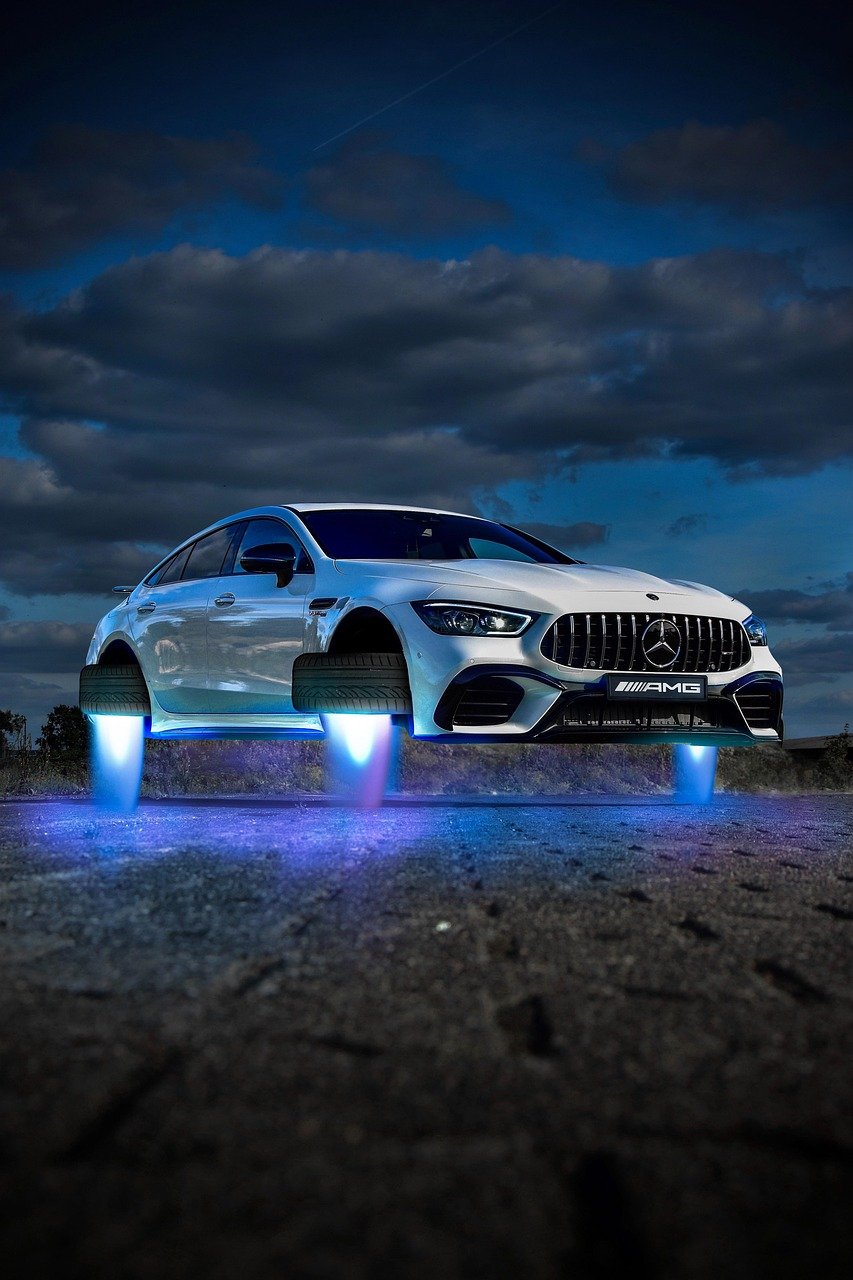The automotive world is evolving faster than ever before. With car technology innovations transforming everything from safety and performance to connectivity and sustainability, the cars of today are smarter, safer, and more exciting than anything we’ve seen in the past.
Whether you’re a car enthusiast, a tech lover, or a curious consumer, this guide will walk you through the latest car technology trends in 2025 — and what they mean for the future of driving.
What Are Car Technology Innovations?
Car technology innovations refer to new advancements in automotive design, safety, electronics, fuel efficiency, connectivity, and driving systems. These technologies aim to improve:
- Driver and passenger safety
- Vehicle performance and handling
- Environmental impact
- User experience and convenience
- Autonomous driving capabilities
Top Car Technology Innovations in 2025
Here are the most impactful and trending automotive technology breakthroughs of 2025:
1. Autonomous Driving (Level 3 and Beyond)
Cars are getting closer to fully driving themselves. In 2025, Level 3 autonomous systems are available in select models, allowing drivers to let go of the wheel in certain conditions.
Features include:
- Highway autopilot
- Traffic jam assist
- Self-parking capabilities
- Hands-off, eyes-on systems
Examples: Mercedes-Benz Drive Pilot, Tesla Full Self-Driving (Beta), BMW Personal Pilot L3
2. Vehicle-to-Everything (V2X) Communication
Cars can now talk to each other, traffic signals, pedestrians, and infrastructure. This innovation improves road safety and traffic flow.
V2X enables:
- Collision avoidance
- Real-time traffic updates
- Emergency vehicle alerts
- Smart city integration
3. Electric Vehicle (EV) Battery Breakthroughs
Battery tech has evolved with:
- Solid-state batteries (more range, faster charging)
- Wireless charging pads
- Bidirectional charging (power your home from your car)
This makes EVs more practical and powerful than ever.
4. Augmented Reality (AR) Windshields
Forget basic dashboards — now, essential data like navigation, speed, and hazard warnings appear directly on the windshield through AR overlays.
Benefits:
- Less distraction
- Better driver awareness
- Futuristic driving experience
5. Advanced Driver Assistance Systems (ADAS)
Modern cars come with a full suite of safety features that once belonged only in sci-fi movies.
Standard 2025 ADAS features include:
- Adaptive cruise control
- Lane keeping assist
- Emergency braking
- Blind spot detection
- Drowsiness monitoring
These systems actively prevent accidents and improve confidence behind the wheel.
6. AI-Powered Personal Assistants
Your car now understands your voice — and your preferences.
Smart assistants powered by AI and machine learning can:
- Adjust climate settings
- Recommend nearby charging stations
- Predict your routes
- Learn your favorite music or drive mode
Think of it as Siri or Alexa, but behind the wheel.
7. Biometric Vehicle Access
Keys are becoming a thing of the past. Now you can unlock and start your car using:
- Fingerprint scanners
- Facial recognition
- Voice identification
This adds convenience and security, especially in luxury and electric cars.
8. Sustainable Car Materials
Green innovation isn’t just about electric power — it’s also about eco-friendly interiors and recycled materials.
Automakers are now using:
- Vegan leather
- Recycled plastics
- Natural fibers
- Plant-based foams
Helping reduce environmental impact without sacrificing style or comfort.
9. Over-the-Air (OTA) Software Updates
Like smartphones, modern vehicles receive OTA updates, which improve features or fix issues without a trip to the dealership.
Benefits:
- Keeps the car up-to-date
- Adds new functions post-purchase
- Improves cybersecurity
Tesla, Ford, and Hyundai are leading in this space.
10. 360° Cameras & Smart Parking Systems
Say goodbye to tight parking anxiety. Cars now come with:
- Bird’s eye view cameras
- Auto-parking features
- Obstacle sensors
- Parking assist AI
Perfect for urban drivers and busy parents alike.
The Impact of Technology on the Driving Experience
Car technology innovations are transforming how we experience driving by delivering:
- Greater safety for all road users
- Improved convenience for daily commutes
- Enhanced entertainment and connectivity
- Reduced emissions through electrification
- More personalization via AI and apps
Upcoming Innovations to Watch
Looking ahead, expect to see:
- Flying cars and air taxis (under development by companies like Joby and Xpeng)
- Self-healing car paint and shape-memory body panels
- Solar-powered car components
- Mood-sensing interiors (light and sound adjusted to your stress levels)
- Full autonomy (Level 4/5) in robotaxis and delivery fleets
Pros and Cons of Car Technology Innovations
✔️ Pros:
- Increased safety and driver assistance
- Eco-friendly and sustainable driving
- Convenience and smart connectivity
- Better performance with fewer emissions
- Future-proof vehicles with OTA updates
❌ Cons:
- Higher vehicle costs
- Tech complexity = expensive repairs
- Privacy concerns with data collection
- Over-reliance on automation for some drivers
Tips Before Buying a Tech-Loaded Car
- Understand what’s included vs. optional
- Look for OTA update support
- Check for cybersecurity features
- Ensure tech features meet your lifestyle needs
- Test drive to experience ADAS and infotainment firsthand
Final Thoughts: Driving into the Future
Car technology innovations are no longer futuristic concepts — they’re here, and they’re changing everything we thought we knew about driving. From AI-assisted systems to fully electric drivetrains, today’s cars are smarter, safer, and more connected than ever before.
🚗 The road ahead is intelligent, electric, and endlessly exciting — are you ready for the ride?
